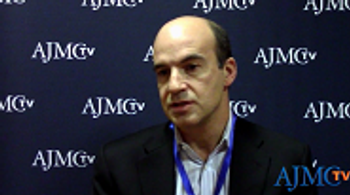
The promise of the Affordable Care Act is right there in its title: Affordable. Yet, anti-poverty agencies across the country fear that even with the federal financial assistance available under the law, health insurance will remain unaffordable for significant numbers of low-income Americans.







